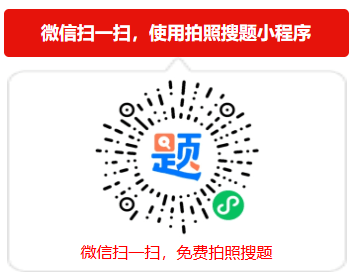未知题型
If you thought multimedia was something to be enjoyed in the privacy of your home, think again. Banks are on the frontier of the 'information superhighway' because they spend more on the technology than any other type of civilian business.
Take the case of J. P. Morgan, America's fourth largest bank by assets. It has developed a system whereby deals and documents can be finalized quickly on the computer screen with the help of an electronic pen. Its securities analysts in London and traders in Tokyo can talk to each other via the same screen. And clients' trust can be built up, and deals completed, faster than via a telephone line which carries no pictures.
The new electronic gizmos are currently being introduced into Morgan's trading departments in New York, but eventually they will be used around the world-Aisa includeD.They make it economically possible to establish small dealing rooms in capitals such as Kuala Lumpur and Bangkok, while concentrating Morgan's expensive back-office functions in SingaporE.
Morgan's pioneering effort illustrates how United States banks are using high technology and large amounts of capital to lever their way into Asian markets.
Rivals in Europe and Japan are doing so too, but they do not have the same access to the vast pool of saving available to American banks. US Pension Fund assets, for example, total US $4. 4 trillion, more than three times the size of Japan's.
US institutions are in the best position to act as a bridge between the growing capital demands of Asia and the supply of investment from the rest of the worlD.The bridge, of course, could wobble badly, as it did in the Latin American debt crisis of the 1980s, but this is hard to imagine in the 1990s when the economic fundamentals in Asia look so favorablE.
It took American banks almost a decade to emerge from the Latin American rubble, but they are now formidable competitor. They have written off nonperforming loans and cut payrolls far more boldly than their Japanese counterparts, which are still dogged by soured loans to spendthrift property speculators in Japan.
The US commercial banks' toughest rivals in Asian cross-border business are more likely to be their investment-bank compatriots rather than the Japanese, and the capital markets of Asia, as elsewhere, will be their battlegrounD.
The big five US banks — Citibank, Bank of America, Chemical, Morgan and Chase Manhattan, enjoy the advantage of being big. Compared with firms such as Salomon Brothers and Goldman Sachs, the big five are bigger in most senses of the worD.They have more capital, more staff and more branches worldwide through which to distribute corporate issues.
What remains to be seen is whether they have trading and deal-making ability to compete with investment hanks.
A.B.C.
D.
E.
F.
G.
H.
I.
J.
【参考答案】
如果你认为多媒体只是可以在家中单独享用的东西你应该再想一想。银行处在“信息高速公路”的前沿因为它们对这种技术比任何其他类......
(↓↓↓ 点击下方‘点击查看答案’看完整答案 ↓↓↓)
点击查看答案



